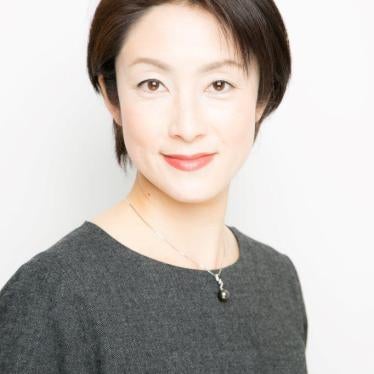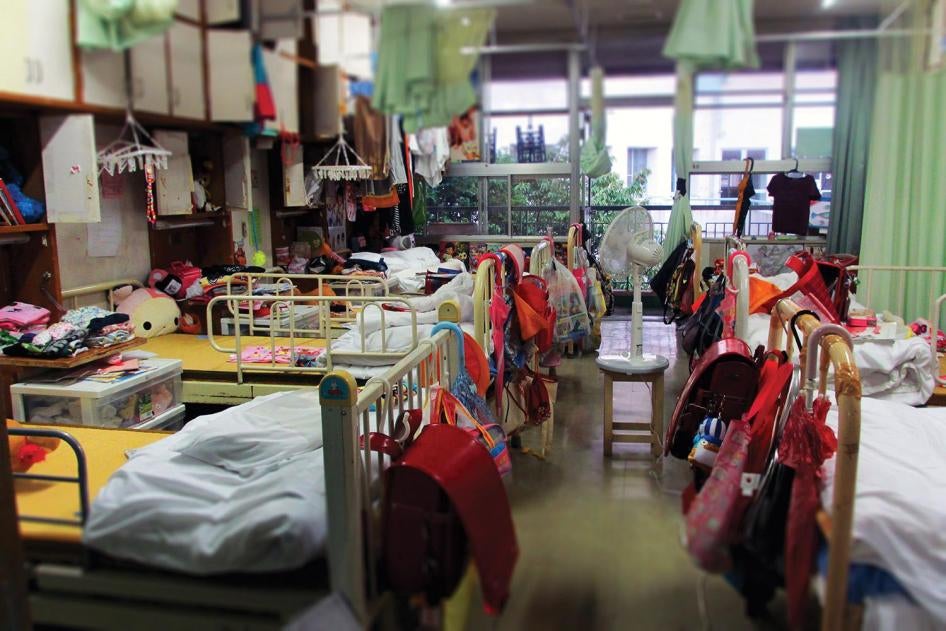The groundbreaking amendment to the Child Welfare Act that the Japanese Diet passed today opens up the possibility of a future in which all children in Japan can live with families. Credit goes to Health, Labor and Welfare Minister Yasuhisa Shiozaki for his leadership.
It was especially exciting for me to see the Diet do the right thing. I spent months interviewing children in institutions for Human Rights Watch’s 2014 report “Without Dreams: Children in Alternative Child Care in Japan,” which included recommendations for reform. It broke my heart to see the difficult conditions children were living in, without the nurturing and supportive environment that being part of a family provides.
This amendment fundamentally improves Japan’s alternative care system, which has previously placed nearly 90 percent of approximately 39,000 children whose families cannot care for them in institutions where they have faced abuses and neglect. With these changes in law, the government should take swift and thorough action to ensure that they are ready to fully implement these important reforms when the amendments take effect on April 1, 2017.
The revised Child Welfare Act shifts the focus from propping up institutional care to supporting alternative care in a family. The new article 3.2 of the act prescribes the principle of family-based care, guaranteeing children that they can live in a family setting, whether by adoption or foster care. Institutionalization is limited only to cases in which family-based care is “not appropriate,” and in those few cases requires placement in institutions best able to provide family-like settings. Although adoption has rarely been considered an option in the past, all this will change with the law’s improved definition of adoption which will help promote its use as an important alternative for children.
Bureaucratic decisions that prioritized various adult matters over the best interests of the child helped create over-institutionalization in Japan. The question now is whether Japan will reverse this trend and make it the top priority to protect the best interests of the child. Major steps will be needed to increase the foster care ratio, resist bureaucratic imperatives to construct new institutional care facilities, and to formulate concrete criteria to promote family-based care and adoption instead of focusing on transferring children to quality residential care.
In the more than 20 years since Japan ratified the Convention on the Rights of the Child, which provides for a child’s basic right to grow in an atmosphere of “happiness, love and understanding” and in a “family environment,” the alternative care system has frustrated those who care for the welfare of all children. To avoid past mistakes, the new law should be carried out in accordance with the United Nations Guidelines for the Alternative Care of Children. That will ensure that Japan never goes back to the past, in which too many children without families suffered in silence.









